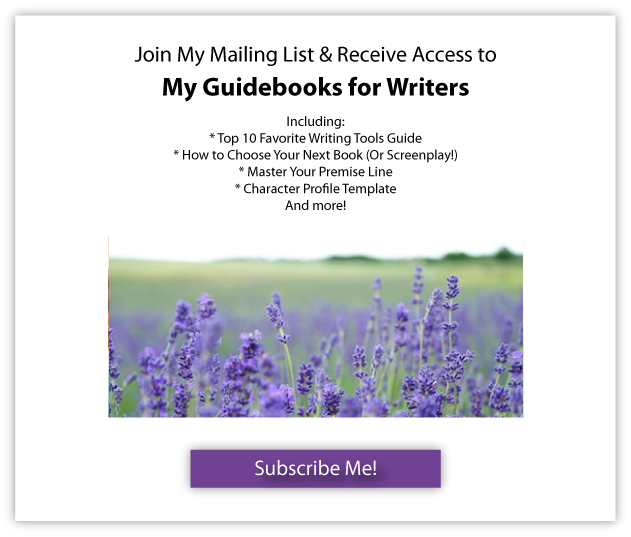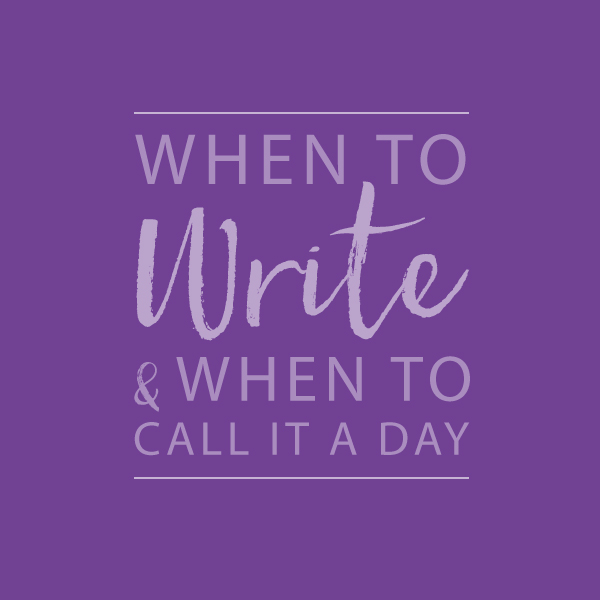Celebrate Your Accomplishments
- Committing to the Morning Writing Challenge and saying “Yes” to your writing (whether you wrote or not)
- Reading and learning from the writing tips I’ve been sharing.
- Showing up for any number of attempts at morning writing.
- Showing up to write at ANY time of day to write.
- Writing successfully for any length of time.
- Writing more regularly than you’ve been writing.
- Writing in the face of incredibly intense distractions.
- Cataloging the writing you DID do and tallying it up.
What We Learned This Week ✓
Tip #1: Set your “lights out” time.
Tip #2: Have a single project to focus on.
Tip #3: Be ready for the “day after perfect.”
Tip #4: If you didn’t write today, start over tomorrow.
Tip #5: Boost your focus with timed writing sprints.
Tip #6: Supercharge your writing with group writing sprints.
Tip #7: On tougher days, try focusing on “ebb writing.”
Tip #8: Block out the distractions.
Tip #9: Create “sacred writing time.”
Tip #10: Set yourself up for success.
Tip #11. Writing begets more writing.
How to Keep This All Going
- Set a regular writing schedule for yourself and put it on your calendar.
- Find a way to create supportive group energy around your daily writing practice. (Pro tip: Join our Called to Write community and be part of our daily writing sprints!)
- Fine tune your writing practice as you go along. Any “failure” is not an actual failure, it’s information about what’s working and what’s NOT working, and gives you insight into what you need to adjust to make it easier to keep going, e.g. writing for shorter lengths of time, adjusting your start time, tweaking your distraction blockers, etc.
- Reach out to me for help if you need it. I offer short 15-minute laser coaching sessions at an affordable rate and we can do A LOT in that time span, especially because you’ll already have a shorthand understanding of the kinds of recommendations I make, so we can easily fine tune them for you together. My booking link is here. Note: If you haven’t had a free writing plan session with me yet this year, you’re welcome to start there.
A Chance for a Do-Over… or a Do-Again!

Thanks so much for following along with me!










